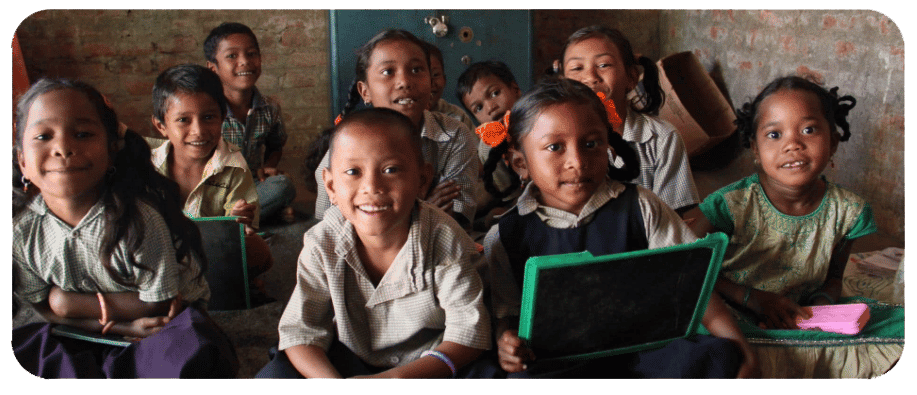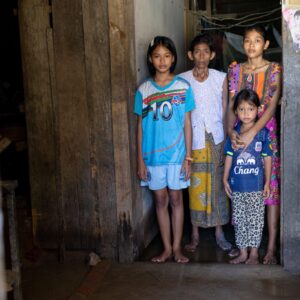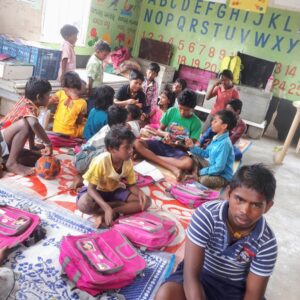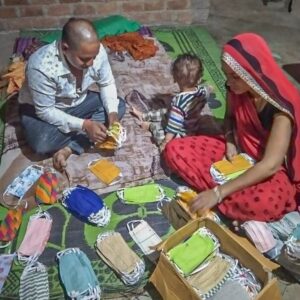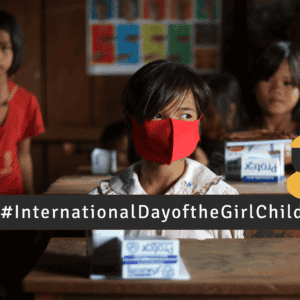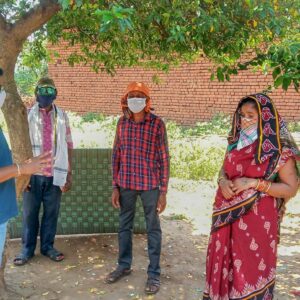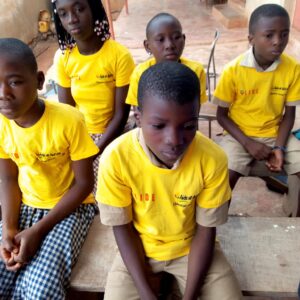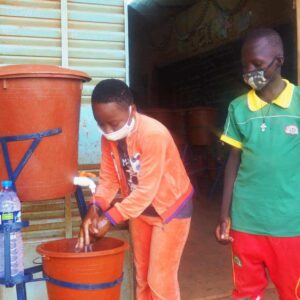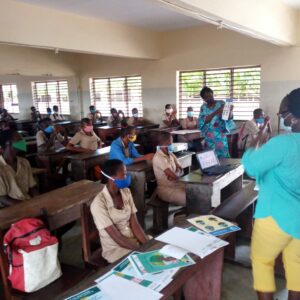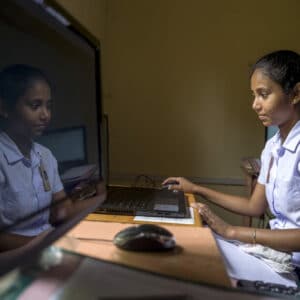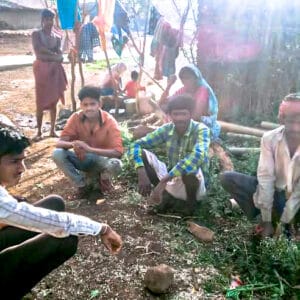Many schools in Benin do not have latrines or water points. This lack of health facilities makes many girls miserable, even pushing some of them to drop out of school. On the occasion of World Menstrual Hygiene Day, Aide et Action talks about its project to improve hygiene and sanitation in schools, developed in part to respond to this problem.
According to the World Health Organization (WHO), unsafe water and lack of basic hygiene and sanitation cause the death of more than 525,000 children under the age of 5 each year and cause others health problems and developmental delay. But the consequences are also felt at the school level, where girls, who are more affected because of the hygiene issues linked to their menstruation, often miss classes. Unfortunately, in Benin, access to drinking water and the presence of sanitation facilities are far from guaranteed for the majority of schools in rural areas.
Improve hygiene at school via adapted devices
To change the situation, the project to improve hygiene and sanitation in schools in Benin, implemented by Aide et Action in partnership with the Claudine Talon Foundation, was developed within 70 school groups distributed in five municipalities (Adjarra, Avrankou, Aguégués, Porto-Novo and Sô-Ava). Welcomed by schoolchildren, parents of pupils, teachers and decentralized education services, it enabled the construction of 87 latrine blocks and the installation of 62 washbasin stations. The project also promoted access to drinking water through the direct connection of 18 schools and more than 2,300 schoolchildren were made aware of hygiene and sanitation issues. However, it was the girls who were specifically supported.

15.2% of girls missed class due to their period
Indeed, in Africa, sex education is often taboo and it is more so in rural areas. This is why supporting girls in the management of their menstrual hygiene was an important part of the project. “We encountered difficulties at the beginning of the implementation of the project in my school because of the social education that the girls received,” explains Hortense Saka, director at the Public Primary School Adjarra Center. But as teachers and mothers, we got them to talk about it. We have overcome these difficulties. For example, a student who was very reluctant on the subject, finally joined the information and awareness group and it is to me that she confides now.”
A survey on the management of this problem in schools in the municipalities of Adjarra, Avrankou and Porto-Novo, revealed that around 15.2% of girls missed class because of their periods. The main reasons for this absenteeism are pain in the lower abdomen (69%) and mockery from fellow students (29%). Often surprised in class by bleeding, the girls find themselves embarrassed with dirty clothes while the schools offer them no framework to clean themselves in complete privacy. The project therefore integrated sexuality into the construction plans of the latrine blocks, by offering a space reserved for girls and another reserved for boys. This intimacy is a pledge for equality and non-discrimination in schools.
Advise to reassure
To deal with the issue of feminine hygiene, resource persons have been identified and trained to direct the girls to the nearest clinic. Thus, they can be examined by a qualified health worker and the information can be passed on to parents so that they can make the necessary arrangements. These resource persons also provide advice for better management of this period, in particular on the precautions to be taken and strict compliance with hygiene measures. Mothers are also trained to master their daughters’ menstrual hygiene management. The project made it possible to distribute 640 kits of sanitary napkins to 325 identified girls in 50 schools in the municipalities of Adjarra and Kogbomè. Girls are now informed and counseled about menstruation and no longer risk dropping out of school.
“Before, during my period, I used shreds of tissue as hygienic protection,” says Aline, a pupil in 5th grade at Adjarra Public Primary School. But it often happened that my khaki school uniform was stained and I had to come home and miss this day’s lessons. Comrades make fun of girls when school attire is stained. So the arrival of the period scared me and I was ashamed. But since I started using washable and reusable cotton sanitary napkins, I am no longer afraid in class. I use them easily and after classes, I come home and wash them. “


